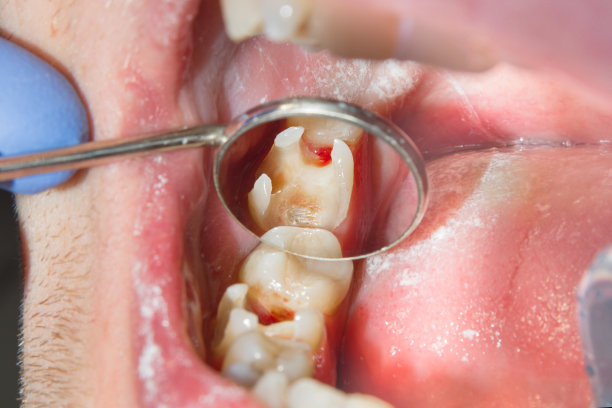Essential Tips and Precautions to Ensure a Successful Dental Filling Experience and Maintain Optimal Oral Health
Summary: Dental fillings are important for maintaining oral health and addressing cavities or damaged teeth. This article outlines essential tips and precautions to ensure a successful dental filling experience. By preparing effectively, communicating openly with your dentist, following post-treatment care, and maintaining good oral hygiene, you can enhance the benefits of dental fillings. Understanding these aspects will contribute to a smoother dental experience and promote long-term oral health. Discover how to optimize your dental care with practical advice for every step of the process.
1. Preparing for Your Dental Appointment

Preparation is key to a successful dental filling experience. Begin by gathering your medical history and any medications you are currently taking. This information is vital for your dentist to provide the best care tailored to your needs. Having precise knowledge of your allergies and previous dental treatments can prevent complications during the procedure.
Additionally, consider scheduling your appointment at a time when you can relax afterward. Post-filling discomfort is not uncommon, so setting aside time to rest will ensure you can manage any side effects. Taking care of these details can contribute significantly to your overall comfort and satisfaction.
Finally, make sure to have a good breakfast or lunch before your visit, particularly if your filling requires anesthesia. A stable blood sugar level aids in keeping your energy up during the procedure. With proper preparation, you can approach your appointment with confidence.
2. Communicating with Your Dentist
Open communication with your dentist is crucial. Don’t hesitate to express any concerns or questions you have regarding the filling procedure. Discussing the types of dental materials used for fillings, such as amalgam or composite resins, will help you understand the pros and cons of each type while considering your personal preferences.
Furthermore, informing your dentist about any dental anxieties or past negative experiences can enhance your comfort level. They may have strategies to help alleviate your worries or adjust the treatment process to better accommodate you. Clear communication promotes trust and can significantly improve your overall dental experience.
Lastly, if you experience discomfort or unexpected sensations during the procedure, inform your dentist immediately. They can adjust the treatment or provide more anesthesia to ensure your comfort. Establishing a good line of communication can make the filling experience less daunting.
3. Post-Treatment Care Instructions
After your dental filling, following your dentists post-treatment care instructions is essential for optimal recovery. The initial numbness from anesthesia can last several hours; it’s advisable to avoid eating or drinking until the feeling returns to prevent accidental injuries.
Once the numbness subsides, you might experience some sensitivity in the treated area. This is normal, but if the sensitivity persists or worsens, contact your dentist as it could indicate a complication. It’s essential to monitor your symptoms closely to ensure a swift resolution.
Moreover, avoiding hard or sticky foods for a few days after your filling can help you protect your new restoration. This precaution prevents any unnecessary stress on the filling, allowing it ample time to settle and bond properly with your tooth.
4. Maintaining Long-Term Oral Health
Maintaining good oral health is crucial after receiving a dental filling. Regular dental check-ups are important for monitoring the condition of your fillings and the surrounding teeth. Your dentist can identify potential issues before they become serious problems, ensuring continued oral health.
Daily oral hygiene practices should also be emphasized. Brushing your teeth at least twice a day with fluoride toothpaste and flossing daily will help prevent new cavities and protect your dental work. Good habits can prolong the life of your fillings and ensure a healthier mouth overall.
Finally, consider reducing sugar intake and incorporating a balanced diet to support your oral health. Foods high in sugar can contribute to the formation of new cavities, while a nutrient-rich diet can fortify your enamel and help keep your teeth strong. Taking these steps makes a significant difference in your long-term dental health.
Summary:
Overall, preparing adequately for your dental appointment, communicating openly with your dentist, adhering to post-treatment instructions, and maintaining long-term oral health practices are all essential for a successful dental filling experience. These precautions will not only optimize your immediate dental care but also help sustain your overall oral health for years to come.
This article is compiled by Vickong Dental and the content is for reference only.



